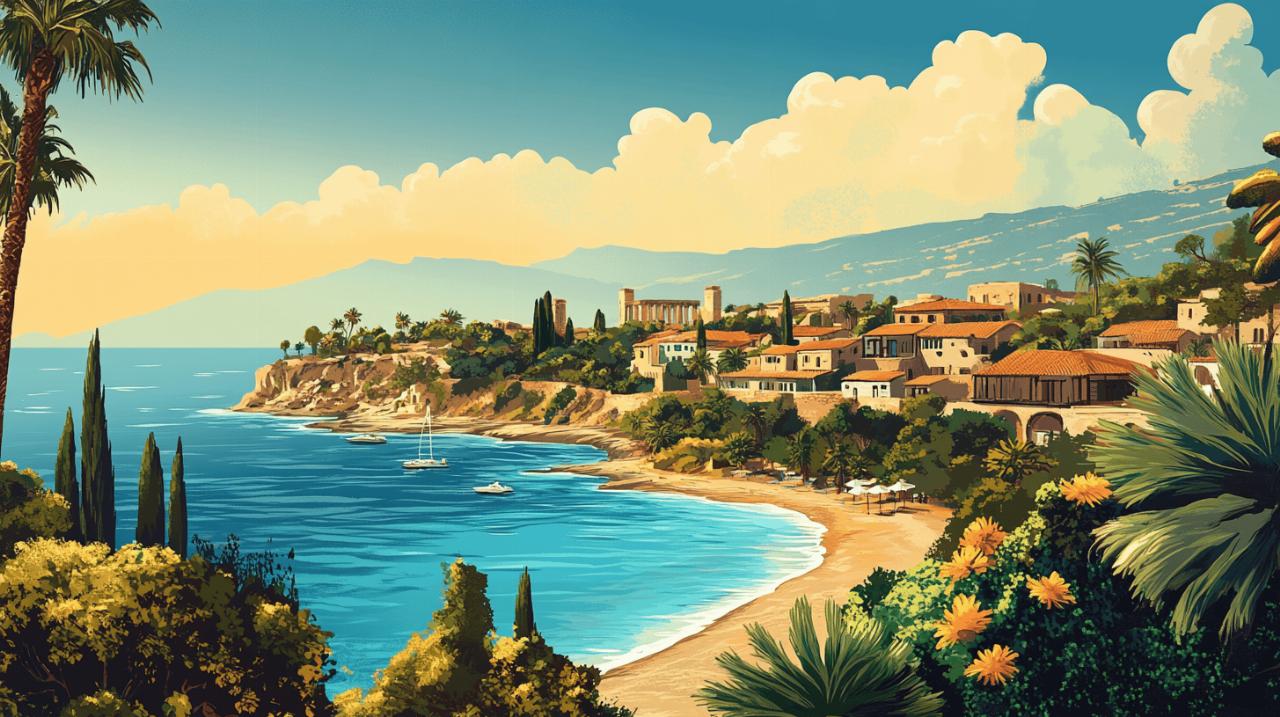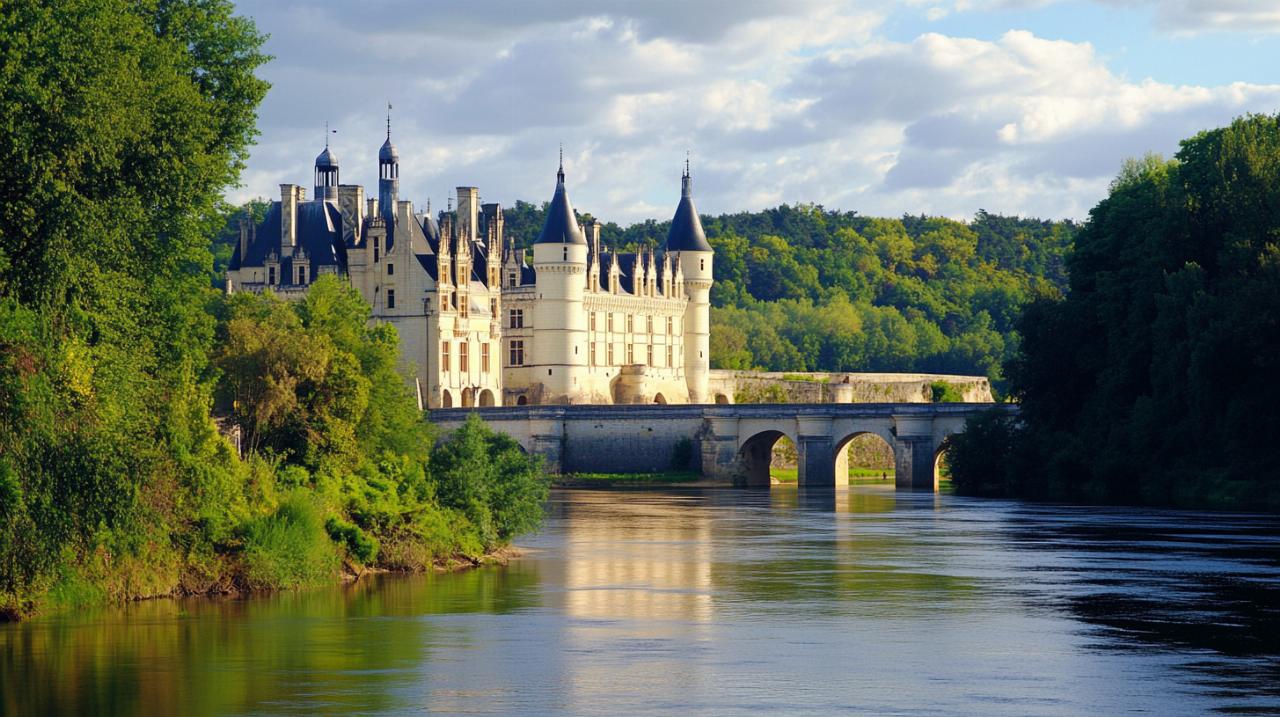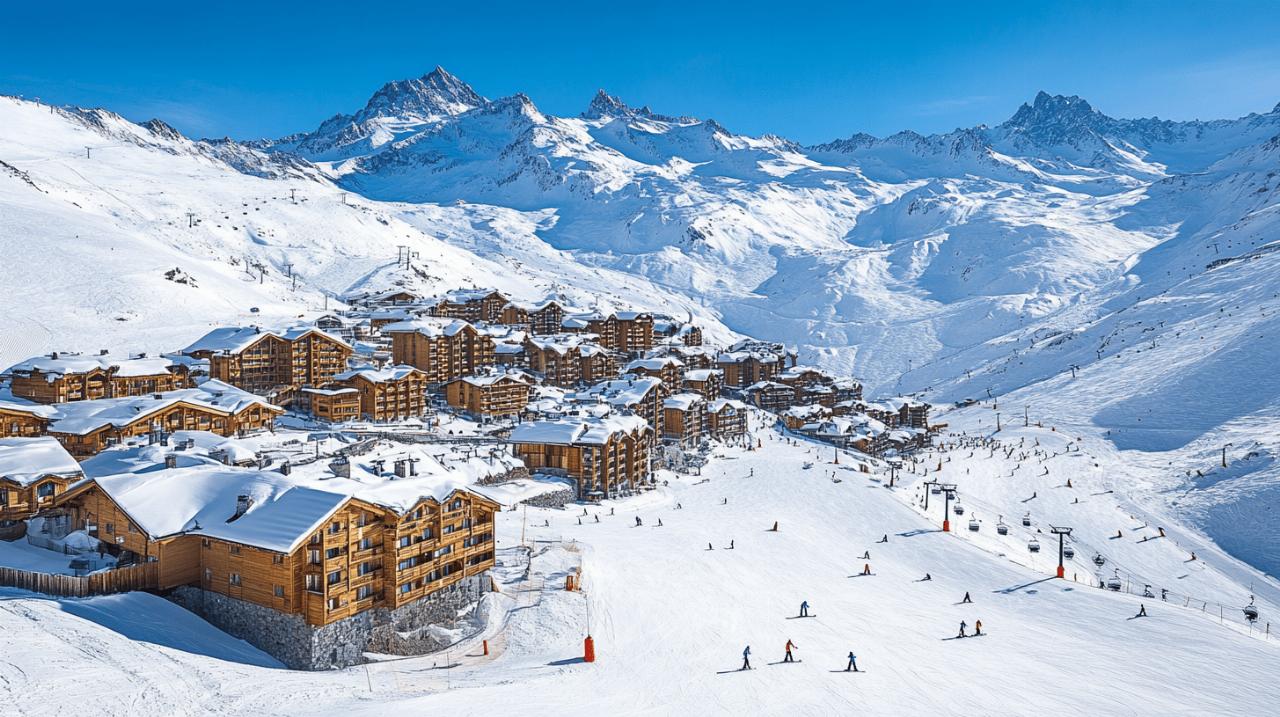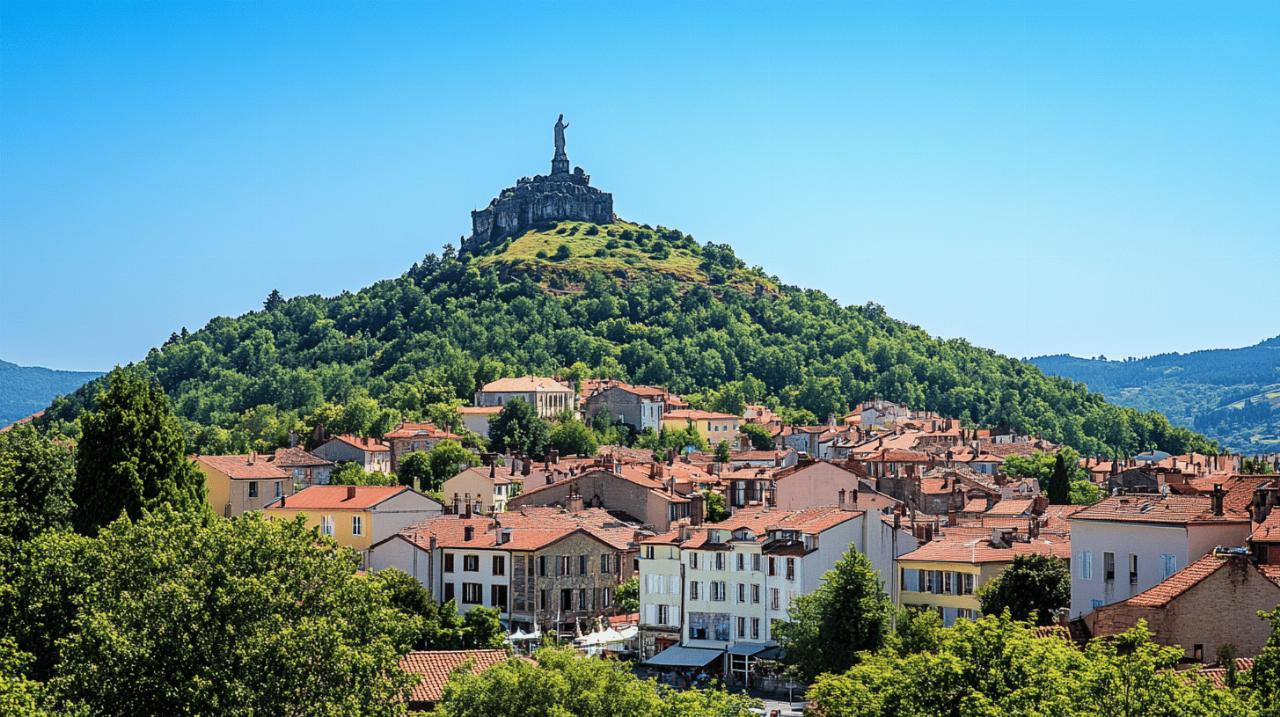The landscape of tourism has experienced a transformative revolution driven by digital innovations. Where once travellers queued at high street agencies clutching brochures, today's explorers navigate a digital realm of possibilities from their smartphones and laptops. This technological evolution has fundamentally altered how we discover, plan, and experience our journeys around the globe.
The new digital travel experience
Tourism has evolved dramatically from its traditional roots in physical experiences and human interaction. The industry is experiencing a seismic shift as digital technologies reshape every aspect of the travel journey. As John Urry, author of the influential work 'The Tourist Gaze', observed, the visual element is central to contemporary culture and tourism – a principle now amplified through digital mediums that allow us to visually sample destinations before ever setting foot in them.
From queues to clicks: booking transformation
The days of standing in queues at travel agencies have largely disappeared, replaced by a digital experience where travellers can compare options, read reviews, and book their entire journey with a few taps on a screen. This shift represents more than mere convenience; it reflects a fundamental change in how the tourism industry operates and how social organisation around travel has evolved. The Mobile Lives Forum, which studies these transformations in mobility patterns, highlights how these changes in tourism connect to wider societal transformations.
Smart tourism: how technology enhances the journey
Beyond booking, technology enhances every stage of the travel experience. Smart tourism leverages digital tools to create seamless experiences for travellers, from automated check-ins at hotels to real-time translation apps that break down language barriers. These innovations address the practical challenges of mobility while enhancing the cultural immersion that lies at the heart of tourism. The visual culture that Urry identified as central to tourism now extends into digital realms, where travellers document and share their experiences in real-time.
Technology as your travel companion
The modern traveller rarely ventures forth without a digital companion – typically a smartphone loaded with applications designed to enhance the journey. This technological shift has transformed the solitary backpacker with a dog-eared guidebook into a connected explorer with the world's knowledge at their fingertips.
Mobile applications revolutionising trip planning
Mobile apps have become essential tools for contemporary travellers, offering everything from flight alerts to accommodation bookings, restaurant recommendations, and transport scheduling. These digital assistants help navigate unfamiliar environments and offer insights into local customs and attractions. The search function capabilities of these apps allow travellers to filter options by personal preferences, much like the advanced search features on platforms such as the Mobile Lives Forum website, where users can filter content by author, keyword, discipline, and transport mode.
Digital tools for navigating foreign destinations
Navigation apps have transformed how we move through unfamiliar cities, rendering the folded paper map nearly obsolete. Translation tools break down communication barriers, while digital payment systems eliminate the need to carry local currency. These innovations support both walking and cycling tourism, making independent exploration more accessible. This connection between technology and transport modes is evident in events such as the '1ères Rencontres du Réseau vélo et marche', which explores sustainable mobility options in our digital age.
Data-driven tourism personalisation
The tourism industry now generates and harnesses enormous volumes of data about traveller preferences and behaviours. This wealth of information enables unprecedented personalisation of the travel experience, transforming generic offerings into tailored journeys that anticipate individual desires.
Predictive analytics in guest experience
Hotels and tourism operators increasingly use predictive analytics to anticipate guest needs before they arise. By analysing past behaviour patterns and preferences across thousands of guests, establishments can create experiences that feel remarkably personal. This might include pre-stocking a hotel room with preferred amenities or suggesting activities that align with a guest's established interests. This approach reflects how desires to visit and appreciate places are socially organised yet individually expressed.
Tailored offerings through behavioural insights
Travel companies now segment their marketing and services based on sophisticated behavioural insights. A traveller who typically searches for historical exhibitions might receive notifications about cultural events, while adventure-seekers might be alerted to outdoor activities. This targeting extends to communications like newsletters, which can be customised to highlight content relevant to specific interests, similar to how the Mobile Lives Forum structures its bimonthly journal and newsletter to address different reader interests.
Virtual Reality and the Future of Travel
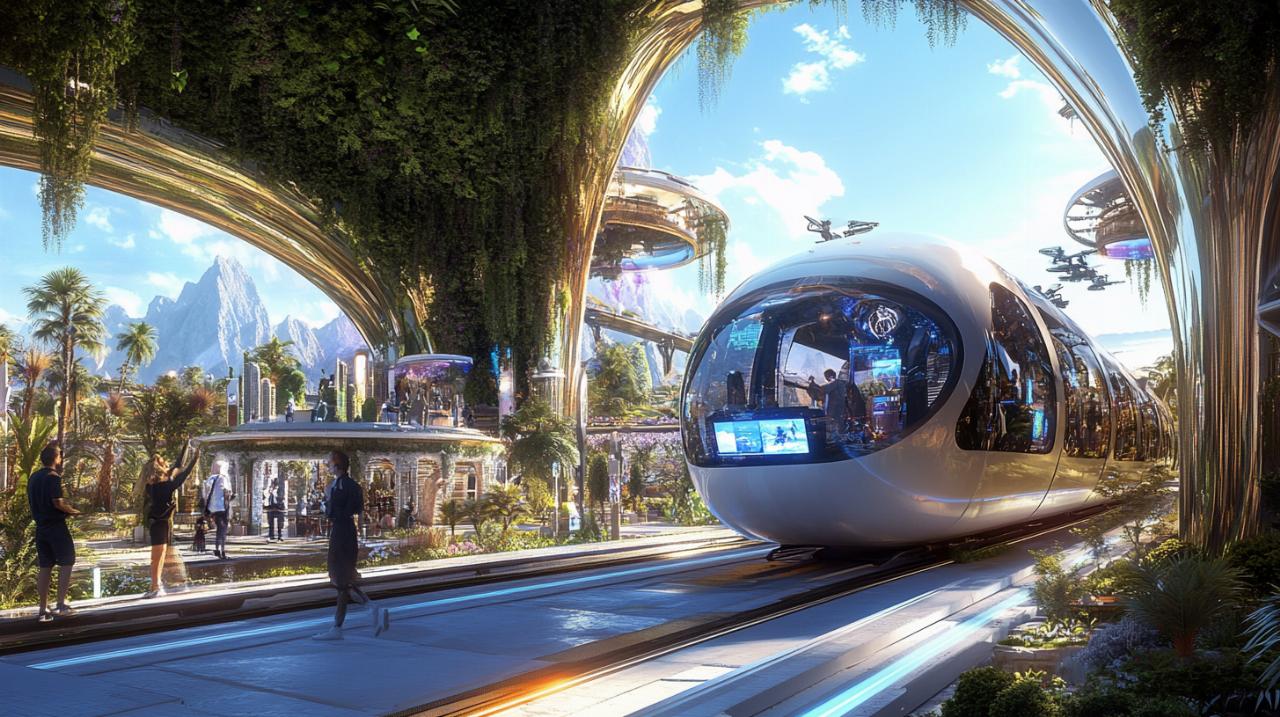 Virtual reality represents perhaps the most revolutionary frontier in digital tourism, offering immersive experiences that blur the line between physical and digital travel. This technology extends the visual culture central to tourism into new dimensions of experience.
Virtual reality represents perhaps the most revolutionary frontier in digital tourism, offering immersive experiences that blur the line between physical and digital travel. This technology extends the visual culture central to tourism into new dimensions of experience.
Immersive destination previews before booking
Virtual reality enables potential travellers to experience destinations before making booking commitments. This technology allows users to virtually walk through hotel rooms, explore landmarks, or sample local attractions from their homes. These previews build anticipation while helping travellers make more informed decisions about their journeys. Publications and research from organisations like the Mobile Lives Forum explore how these technologies reshape our relationship with mobility and place.
How vr is reshaping tourist expectations
The rise of virtual reality is fundamentally altering what travellers expect from their physical journeys. Having experienced high-definition virtual previews, tourists arrive with more specific expectations and deeper knowledge of their destinations. This transformation connects to Urry's observations about how changes in tourism reflect broader societal shifts. As we increasingly inhabit digital and physical worlds simultaneously, the boundaries between visiting and experiencing become more fluid, creating new challenges and opportunities for the tourism industry. Contact points between the virtual and physical experience of place represent a frontier that will define tourism's future evolution.
Mobility studies and modern tourism
The realm of tourism has evolved dramatically in recent years, moving far beyond mere travel to encompass broader aspects of mobility, visual experience, and social organisation. At the intersection of digital innovation and tourism lies a fascinating transformation that is reshaping how we experience the world. The Mobile Lives Forum explores these evolving dynamics through research, publications, and events that examine the changing nature of travel in contemporary society.
Modern tourism represents a complex web of mobility patterns, visual expectations, and transport systems that reflect wider societal shifts. As digital tools become increasingly integrated into every aspect of travel planning and experience, understanding the theoretical underpinnings of tourism becomes ever more crucial.
John Urry's Influence on Visual Culture in Travel
'The Tourist Gaze', John Urry's seminal work first published in 1990 and subsequently republished twice, remains a cornerstone text for understanding modern tourism. Urry's central argument – that the visual is fundamental to contemporary culture and tourism – has profoundly shaped how we conceptualise travel experiences in the digital age.
Urry established that our desires to visit places and visually appreciate them are not random or purely individual choices, but rather socially organised phenomena. This insight helps explain why certain destinations become Instagram hotspots while others remain relatively undiscovered, despite similar attributes. The visual expectations we bring to tourism experiences are culturally constructed and increasingly mediated through digital platforms, where images circulate and shape our travel aspirations before we ever leave home.
Social Organisation of Transport in Contemporary Tourism
The social organisation of transport systems forms a critical framework for modern tourism experiences. From cycling and walking tours to mass transit and private vehicles, the modes of transport we use whilst travelling both shape and reflect our engagement with destinations. The Mobile Lives Forum recognises this significance, hosting events such as the '1ères Rencontres du Réseau vélo et marche' scheduled for October 2025, which will explore sustainable mobility options in tourism contexts.
Transport choices in tourism are increasingly influenced by digital tools that suggest routes, compare options, and facilitate bookings. These technological mediations are not neutral but reflect broader societal transformations in how we understand mobility and access. The library and publications offered by the Mobile Lives Forum provide valuable resources for examining these shifts, with their website's advanced search functions allowing filtering by transport mode, author, and discipline to support targeted research into these complex dynamics.
The digital transformation of tourism must be understood within this broader context of mobility studies, where changes in how we travel relate directly to wider transformations in society. As we navigate this revolution in tourism practices, the theoretical frameworks provided by mobility scholars offer essential guidance for understanding not just where we travel, but how and why we move through the world in increasingly digitally-mediated ways.

